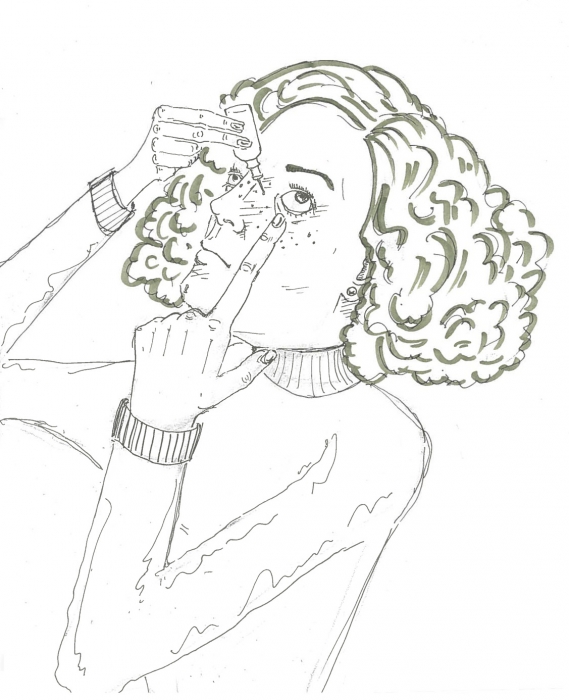On Sept. 14, Quebec Minister of Health Dr. Gaetan Barrette announced that as of January 2017, Quebec doctors will no longer be allowed to charge accessory fees—additional fees on services already provided by the Quebec health insurance.
Accessory fees have generally been charged for services such as eye drops, injections, and stitches. According to Barrette, these fees sum up to approximately $83 million dollars in charges per year, guaranteeing a large profit margin for physicians who pay less than one-seventh of that cost to provide these services.
Many argue that this violates the principle of “accessibility” outlined by the 1984 Canada Health Act (CHA), which states that all medically-necessary services shall remain free-of-charge for Canadian citizens. The Canadian government provides this funding in the form of Federal Health Transfers to the provinces on the condition that they respect the principles of the CHA.
Dr. Amélie Quesnel-Vallée, Canada Research Chair in Policies and Health Inequities and associate professor in the Departments of Sociology, Epidemiology, Biostatistics and Occupational Health, explained that since the end of the 1980s, the federal government has done little to monitor the provinces’ compliance. However, this no longer appears to be the case: Canada’s Minister of Health Dr. Jane Philpott recently stated that Quebec would be penalized for violating the CHA through deductions in transfer payments.
“The strong stance adopted by Minister Philpott [regarding] the Quebec user fees and the threat of clawbacks is thus a break from the past and signaling that the federal government really means business,” Dr. Quesnel-Vallée explained. “This could be a strategic move in anticipation of the Health Accords meetings that are to take place between the federal government and the provincial or territorial counterparts […] indicating to other provinces that the laissez-faire attitude of the past […] will no longer hold.”
The issue of excessive fees is not new to Canadian health care discourse. Extra billing—which occurs when physicians billing both patients and the government for the same services—was banned across Canada in 1987 as a violation of the CHA. Dr. David Wright, chair of the McGill Department of History who specializes in medical history, explained that unlike extra billing, accessory fees fall into a /”grey area” of Medicare regulation.
“Patients […] do not want to pay “user fees” for what are supposed to be “free” medical services covered by provincial insurance plans,” Dr. Wright said. “And governments expect that the fees that they reimburse for insurable services include the cost of related activities and medical items.”
Historically, this grey area has created opportunity for questionable additional billing practices, proving factious amongst the Quebec public.
“Sometimes, doctors have billed for specific non-insurable services, like writing a medical note for students,” Dr. Wright added. “In other instances, some doctors, or groups of doctors, have tried charging ‘registration’ or ‘annual membership’ fees for patients. The latter practice has proved to be particularly controversial in Quebec.”
This matter became increasingly more contentious with the 2015 enactment of Bill 20 in Quebec, which was proposed to regulate accessory fees that would minimize social and health inequities.
“[Bill 20] brought attention to the fact that the province was aware of user fees, and was implicitly legitimizing them by wanting to regulate them rather than abolish them,” Dr. Quesnel-Vallée said.
The distribution of power and funds between the federal and provincial governments in Canadian health care thus continues to prove an excessively complicated issue. More information on the specifics of this regulation will be made public in the coming weeks. In the meantime, policymakers in other provinces will continue to walk the tightrope between health care accessibility and affordability.
“There are always going to be differences in policy and practice between provinces,” Dr. Wright concluded. “I would expect that other provincial ministers of health will be watching closely to judge how this policy change is received, both by doctors and by the general public.”








